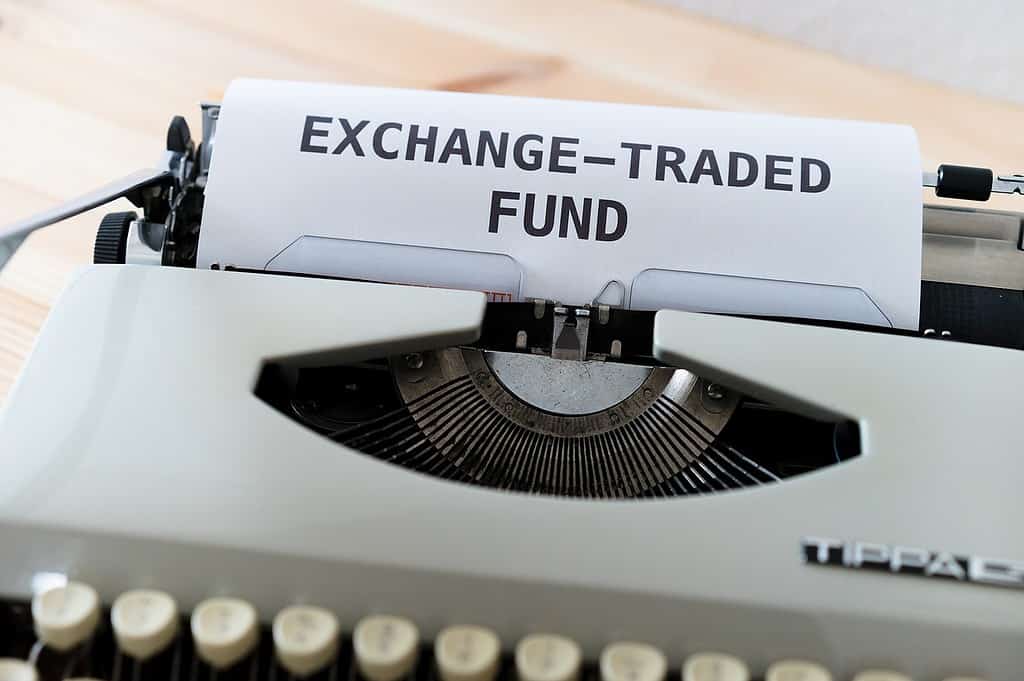Do ETFs expire? The answer to this issue isn’t as straightforward as a simple yes or no. Instead, the answer depends on the specific type of ETF and its structure. However, in general, most ETFs do not expire. Let’s look at what expiration means for ETFs and why it doesn’t typically apply to these products.
What is an ETF?
An ETF (Exchange-Traded Fund) is a financial vehicle that follows an index, asset class, or commodity traded on an exchange. Like other investments, ETFs can expire if they are not appropriately maintained. However, unlike mutual funds and other investment vehicles, ETFs typically have an expiration date.
Expiry according to category
ETFs are categorised into different types based on the underlying assets they track. These categories include bonds, commodities, stocks and currencies. Each type of ETF will have its own rules regarding when it expires and how often it must be traded to maintain its active status. Let’s take a look at which categories expire and which won’t.
Bonds
Bonds do expire over time because the underlying security that a bond is pegged to loses value, such as with a corporate or government bond pegged to equity. In some cases, bonds may not have the same payout rate throughout their lifetimes, and in these situations, they can wind down before reaching maturity.
There are also times when physical security may be lost or destroyed, causing the corresponding bond to be invalidated. Ultimately, whether or not bonds expire depends on various factors, including the security backing them and the duration of the bond’s life. However, investors need to be aware of these expiration dates and monitor their investments accordingly.
Commodities
There is no simple answer to whether commodities expire or not. On the one hand, some types of commodities, such as certain precious metals, may lose value over time due to constant fluctuations in price. However, other commodities, such as natural resources such as oil or agricultural goods like corn and wheat, remain consistently valuable in the global market and do not have any expiry date.
Ultimately, the answer depends on several different factors, including the type of commodity and its specific market conditions at any given time. It’s challenging to make a definitive statement regarding whether commodities expire.
Stocks
Stocks do not expire. Stocks refer to a type of financial asset, usually representing ownership or partial ownership in a company, and these assets remain valid indefinitely. However, there are certain situations where stocks may become invalid or cease to exist. For example, if a company declares bankruptcy or is acquired by another company in a hostile takeover, the old stock shares will likely not be valid anymore.
Additionally, some companies offer dividends or other benefits linked to specific dates or periods, meaning that stocks purchased during such periods may have time limits on when they can be redeemed for these benefits. However, any given stock is valid indefinitely if the company remains active and solvent.
Currencies
Currencies have expiration dates to ensure they stay within circulation for a certain amount of time before becoming too worn to be used. Most countries have a life expectancy for their circulating bills set between one and three years, with some countries and territories like Canada and Hong Kong’s banknotes lasting up to seven years.
There are many benefits to limiting the lifespan of paper money, the most crucial being to prevent the propagation of germs. Bacteria can quickly spread through cash, often handled by many different people, and lead to contamination and illness. Shorter lifespans also allow new security features to be added more frequently, making it difficult for counterfeiters to replicate banknotes.
In addition, expiring currencies allow central banks to remove old notes from circulation, which reduces the amount of overall cash in circulation and can help curb inflation.
All in all
Some ETFs are designed to be long-term investments with no expiration date, and other types of ETFs may only exist for a few years before they must be replaced with newer products.
Whether or not a particular ETF expires depends on its structure and intended purpose and any other applicable rules set forth by governing agencies such as the SEC or IRS. If you are considering purchasing an ETF, it is essential to carefully research its expiration date to avoid surprises down the road.
There is no agreement on whether all forms of ETFs expire; each will have its own rules governing when it expires and how often it must be traded. However, understanding the expiration process for your specific ETF will help you avoid unwanted surprises.
